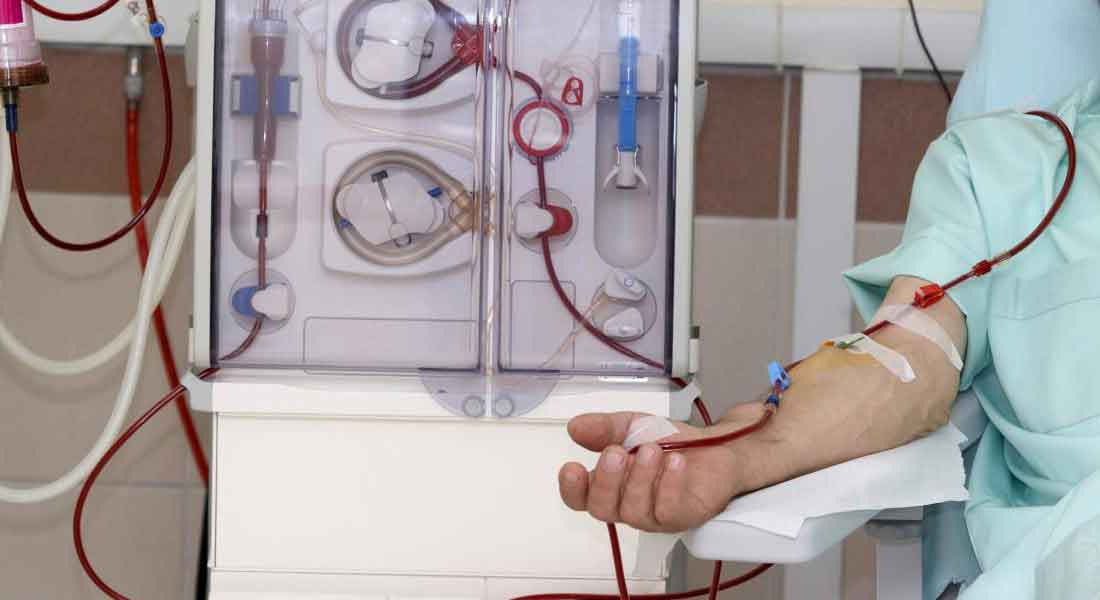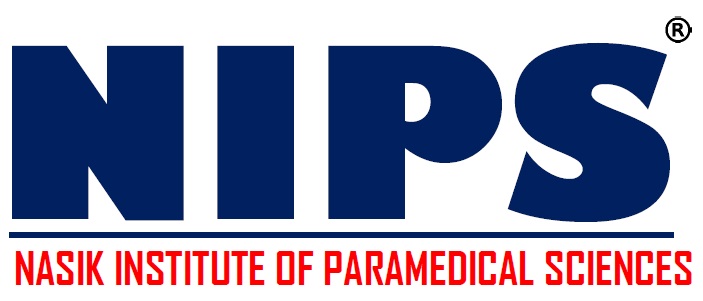Dialysis Technician Course
In a healthy human body, kidneys are responsible for purifying the blood. As long as the kidneys perform this task well, there is no need for a patient to use dialysis treatment.
Due to reasons such as kidney failure and certain medical conditions (damaged kidneys and other diseases), kidneys become unable to carry out this purification process. This is when the dialysis process comes in handy!
When natural purification of blood (by kidneys) stops, it becomes necessary to intervene and perform artificial purification.

Definition
Dialysis technology is a highly specialized field of nephrology (care of the kidneys ). In clinical practice settings, dialysis technologists provide dialysis treatment under the supervision of a physician or registered nurse. The dialysis technologist is responsible for all medical devices and equipment involved in renal replacement therapies, such as reprocessing and water treatment equipment. Along with patient care and equipment operation, maintenance, and repair, dialysis technologists act to ensure regulatory compliance.
Work settings
Dialysis technologists may work in hospitals, outpatient clinics, or freestanding dialysis centers. Work environments must be scrupulously clean and well maintained to prevent infection of patients and health care workers. In the work setting, there must be strict adherence to safety standards since dialysis technologists routinely handle dangerous chemicals during performing their responsibilities.
Education and training
Dialysis technologist trainees generally require at least a high school diploma; in some states, prior patient care experience and/or college coursework in health sciences may be required. The areas of study addressed during course work may include:
- hazard communications and safety; specific risks of peracetic acid solution
- prevention of occupational injuries
- power failure/manual dialysis
- managing chemical agents and chemical emergencies
- water safety, testing, treatment
- monitoring dialysis patients; dialysis process
- pathophysiology of kidney and urinary system; hypo/hyperkalemia
- machine preparation and operation
- medication, documentation, and quality assurance
Description
Dialysis is a treatment for patients with temporary or permanent kidney failure. For patients with end-stage renal disease (ESRD) dialysis is the only renal replacement therapy available other than kidney transplantation. In the United States, nearly 250,000 patients receive regular dialysis treatments to manage ESRD.
Hemodialysis, performed by dialysis technologists, is the most frequently prescribed type of dialysis in the United States. The treatment involves circulating the patient’s blood outside of the body through an extracorporeal circuit (ECC), or dialysis circuit. Two needles are inserted into the patient’s vein, or access site, and are attached to the ECC, which consists of plastic blood tubing, a filter known as a dialyzer (artificial kidney), and a dialysis machine that monitors and maintains blood flow and administers dialysate. Dialysate is a chemical bath that is used to draw waste products out of the blood.
Dialysis technology involves health care workers with a variety of job titles—dialysis technologist, hemodialysis technician, renal dialysis technician, clinical nephrology technologist. All of these allied health professionals are trained to provide direct patient care to people who must undergo hemodialysis because their kidneys no longer adequately rid their bodies of waste products. Dialysis technologists assess patients’ vital signs before dialysis, perform dialysis, monitor patients during and after treatment, and document clinical findings. They administer drugs, including local anesthetics, and are trained to provide emergency medical intervention such as administering oxygen or performing cardiopulmonary resuscitation (CPR ).
Dialysis technologists also are responsible for ensuring the proper functioning of dialysis machines; in some settings, they perform routine equipment maintenance and repairs. Dialysis technologists are often involved in patient education, instructing patients and families about in-home dialysis treatment and reinforcing the importance of adherence to prescribed treatment.
CAREER PROSPECTS AND JOB OPPORTUNITIES
- Dialysis technician’s tasks include operating the dialysis machine, preparing sterilization mix, noting down vital details about the patient, monitoring the patient, and supervising the dialysis process.
- Dialysis technology graduates may find a job at hospitals, clinics, or healthcare setups offering dialysis treatment.
- Usually, they work in a team, under the supervision of qualified Doctors and Nurses.
- Some of the common job profiles available in front of them include –
- Dialysis technician
- Dialysis supervisor
- Dialysis Therapist
- Dialysis Assistant
- Technical jobs are also available in front of dialysis technology.
- Dialysis equipment repair and maintenance tasks can be carried out by them.
- They may also find a job at firms manufacturing and marketing dialysis equipment.
How to contact us
If you’ve got questions or ideas you would like to share, send a message. For anything more specific, please use one of the addresses listed below.
Need A Consultation?
After we get some information from you, we’ll set up a time to discuss further detail.

